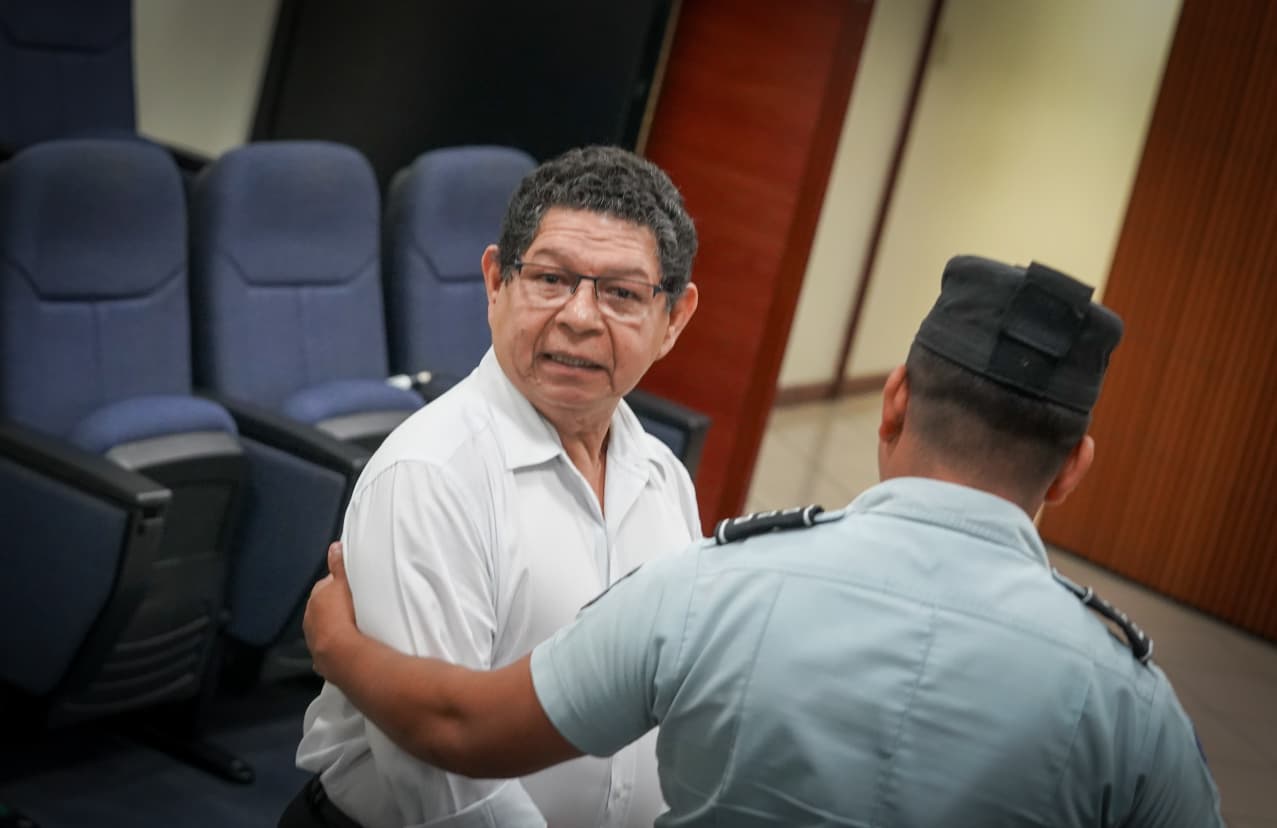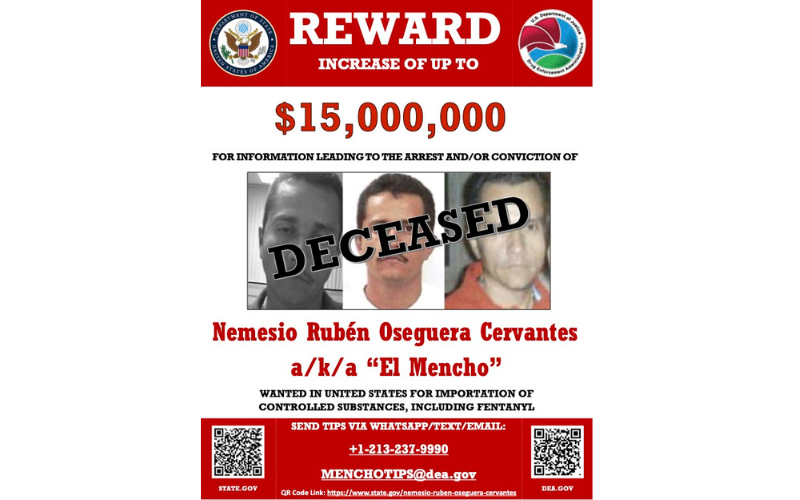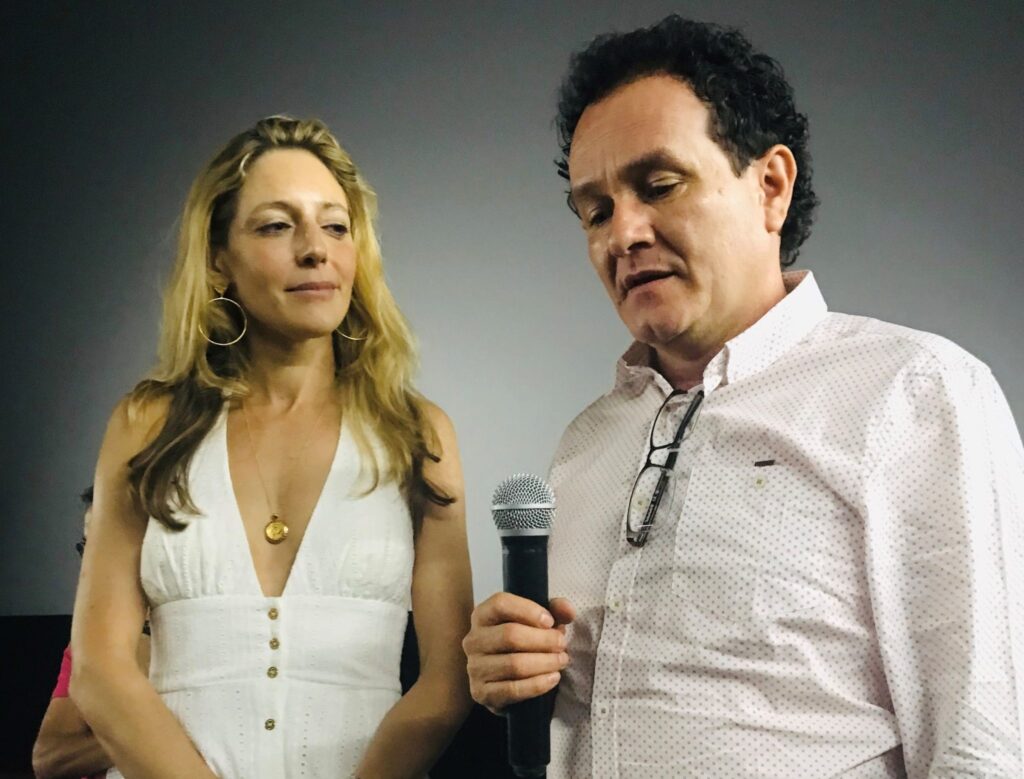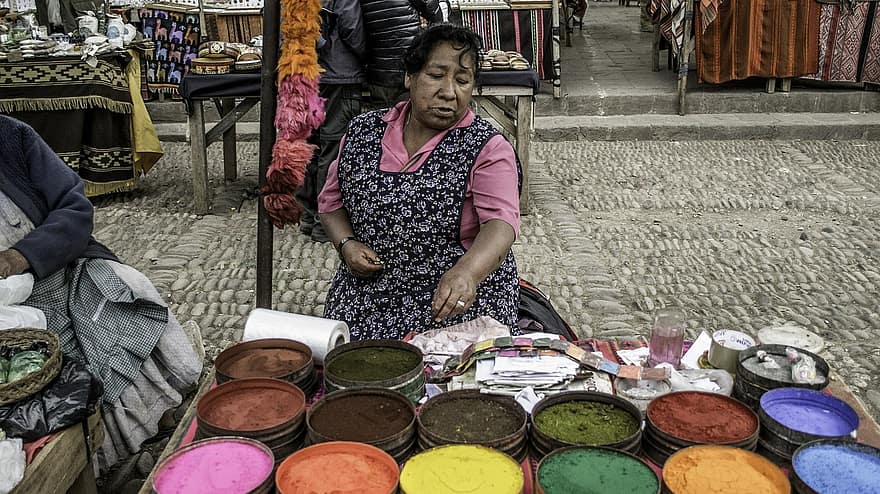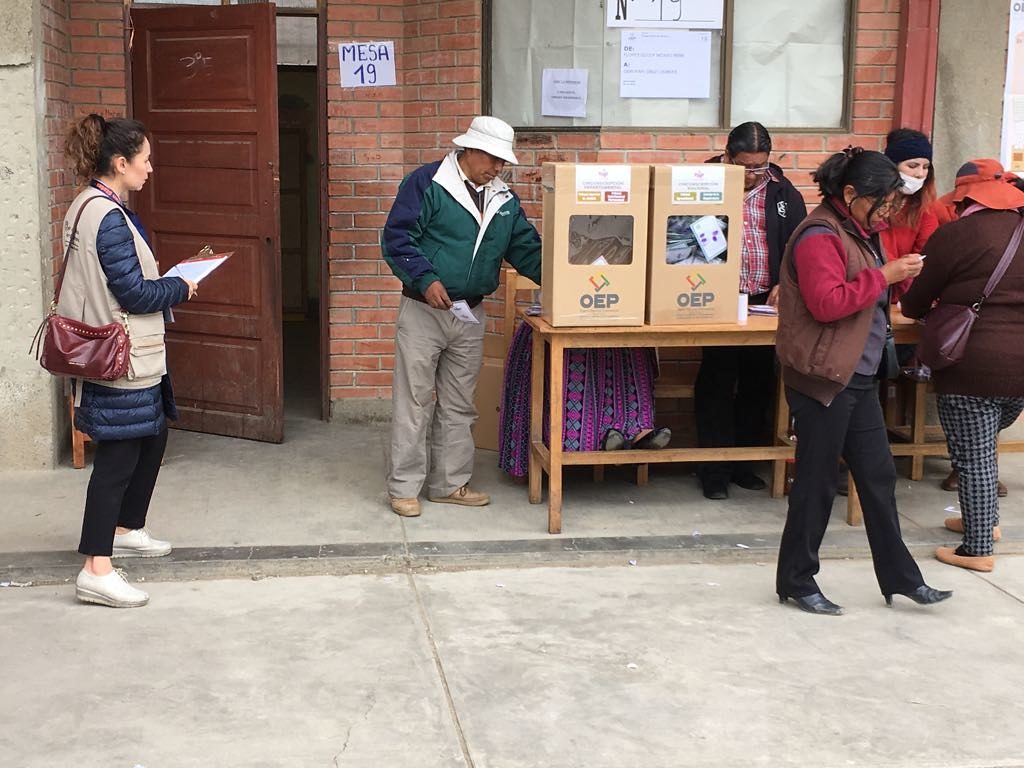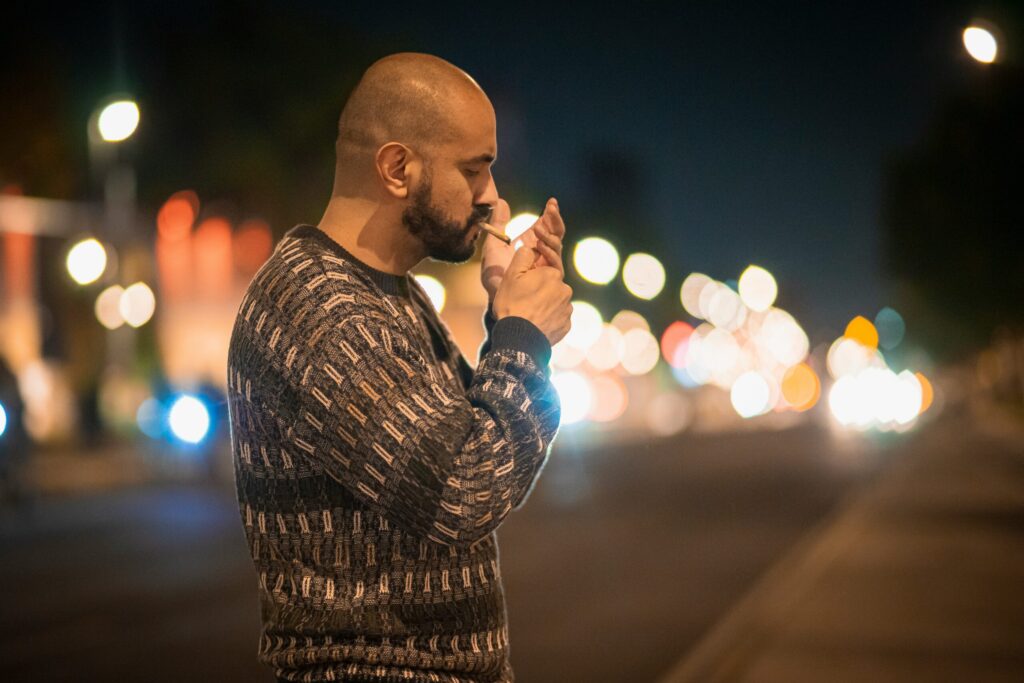A Salvadoran court has convicted three former public officials from the country’s main opposition parties — the Nationalist Republican Alliance (ARENA) and the Farabundo Martí National Liberation Front (FMLN)— for negotiating political support from the MS-13 and Barrio 18 gangs during the 2014 presidential and 2015 legislative elections.
On September 30, the First Sentencing Court of San Salvador sentenced former San Salvador mayor and ex-ARENA member, Ernesto Luis Muyshondt Garcia-Prieto, to 18 years in prison. He was found guilty on two counts of electoral fraud and one count of illicit association.
Benito Lara, the former Security Minister during the FMLN’s first administration, received a 28-year prison sentence: 10 years for each electoral event and an additional eight years for illicit association. The former FMLN Minister of Governance, Arístides Valencia, received an identical sentence.
Other individuals convicted in the case were journalist Paolo Luers and former FMLN advisor Wilson Alvarado. Both were sentenced to 18 years: 12 years for each count of electoral fraud and six years for illicit association.
According to the Salvadoran Attorney General’s Office, Luers, Alvarado, and Valencia remain at large.
The Attorney General’s investigation was based on testimony from two cooperating witnesses, who stated that the former FMLN and ARENA officials sought electoral backing from El Salvador’s principal gangs, the MS-13 and Barrio 18, which the U.S. Department of State recognizes as terrorist groups.
According to the Salvadoran prosecution, the investigation revealed that the former FMLN and ARENA officials met with leaders of MS-13 and Barrio 18 on at least 17 occasions to negotiate electoral support. The cooperating witness, known as “Noé,” stated that both parties asked gang leaders to guarantee the votes of their family members and of communities under their control for the 2014 presidential elections and the 2014-2015 legislative and municipal elections.
The presidential candidates in the 2014 race were Norman Quijano from ARENA and Salvador Sánchez Cerén from the FMLN. Local media reported during the final stages of the trial that both parties had delivered approximately $550,000 USD to the two gangs.
In 2016, the digital newspaper El Faro revealed that ARENA had negotiated with national leaders of MS-13 and Barrio 18 during the 2014 presidential campaign, promising a new truce if their candidate, Norman Quijano, won the election.
Key evidence in that case was a video recorded in February 2014, showing a meeting between then-ARENA vice-president Ernesto Muyshondt, former ARENA mayor Salvador Ruano, and gang representatives. During the meeting, Muyshondt offered to end the maximum-security regime at the Zacatecoluca prison, where top gang leaders are incarcerated.
El Faro also revealed that the first FMLN government (2009-2012) was the one that formally initiated negotiations with the gangs. In March 2012, former President Mauricio Funes began a truce process with MS-13 and Barrio 18 that lasted until May 2013. Although the FMLN initially denied the truce’s existence, it later acknowledged the negotiations after the homicide rate plummeted. The government claimed the talks were solely aimed at reducing homicides and extortion in exchange for improved prison conditions.
Claims of political persecution
Throughout the judicial process, former San Salvador mayor Ernesto Muyshondt has proclaimed himself a political prisoner of the Bukele administration. Muyshondt has been charged with numerous crimes under the current government and has been held in prison even for offenses that typically allow for bail, such as failure to pay employer payroll quotas during his mayoral term.
Upon hearing the court’s verdict on September 30, he unfurled a sign reading, “There is no justice in a dictatorship.”
After the sentence was read, former FMLN Security Minister Benito Lara told the media that he would appeal the court’s ruling.
“We are going to appeal because we clearly disagree with the resolution. We will wait for the full written judgment… We have not committed the crimes of which we are accused,” the former official stated.
FMLN representatives who came to support Lara also rejected the verdict, labeling the case a “political persecution.” Former FMLN legislator Anabel Belloso questioned the independence of the judiciary in El Salvador.
“We have said from the beginning that we believe in our colleague Benito Lara’s innocence. He has been a man who has followed this process since 2020. Unfortunately, it has once again been demonstrated that there is currently no independence between state powers in El Salvador. There is an instrumentalization of institutions, there is political instrumentalization. Benito Lara joins the long list of political prisoners in the country,” Belloso said.
This is not the first conviction handed down by the Salvadoran justice system for pacts with gangs. On April 16, 2024, the Second Criminal Court of San Salvador also sentenced Norman Quijano, ARENA’s former presidential candidate and a current deputy in the Central American Parliament (PARLACEN), to 13 years and four months in prison. Quijano remains a fugitive from justice.
Former President Mauricio Funes had also been sentenced to 14 years in prison for his role in the gang truce. Although he was wanted by Salvadoran authorities, he received protection from Daniel Ortega’s regime in Nicaragua, where he died on January 21, 2025.
The Bukele administration’s pact
The administration of Nayib Bukele has also faced allegations of negotiating with MS-13 and Barrio 18, as reported by El Faro. According to these reports, Bukele and officials from his government also negotiated with the gangs to secure votes in their favor during electoral periods and to reduce the number of homicides in the country.
According to El Faro, the initial contacts between Bukele’s circle and the gangs occurred in 2014 when he was a mayoral candidate for the capital under the FMLN banner. However, the most compelling evidence of a pact emerged after Bukele assumed the presidency in 2019.
These negotiations were documented by the Salvadoran Attorney General’s Office with evidence including audio recordings, photographs, official documents from the General Directorate of Penal Centers, and testimonies. The former attorney general, Raúl Melara, was removed from his post on May 1, 2021, when Bukele’s party, Nuevas Ideas, took absolute control of the Legislative Assembly.
The alleged pact between the Bukele administration and the gangs reportedly ended after a presumed betrayal by the government in 2022, which led to its rupture. This was revealed by El Faro upon publishing audio recordings of the Director of Social Outreach, Carlos Marroquín.
Following the breakdown, the Nuevas Ideas-controlled Legislative Assembly imposed a state of emergency after a wave of homicides left 87 people dead in March 2022.
Featured image: Benito Lara being led away in court.
Image credit: Attorney General’s Office of El Salvador.


